Sampling for Nosema

Outcomes Learners will recognize the procedure for conducting a Nosema field test in a bee colony. Key Takeaways Nosema, a subtle fungal parasite, can affect bee colonies’ health without obvious signs. Sampling helps uncover its presence, enabling informed actions to protect bee vitality. Sampling for Nosema is an accessible process involving collecting bees, […]
Ongoing Beekeeping Tasks
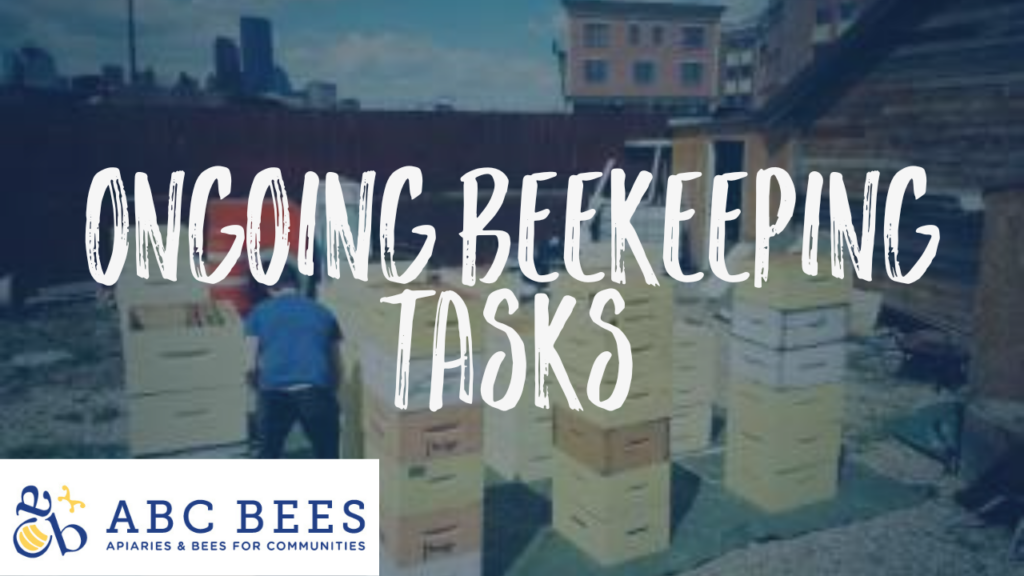
Outcomes Learners will have a comprehensive understanding of the year-round tasks necessary for successful beekeeping. Key Takeaways Beekeeping involves managing hives for honey production and immersing in the intricacies of nature. Successful year-round beekeeping requires adapting tasks to changing seasons. Seasonal preparation includes stocking up on feed, equipment, and medications. Regular hive inspections […]
Seasonal Beekeeping Tasks
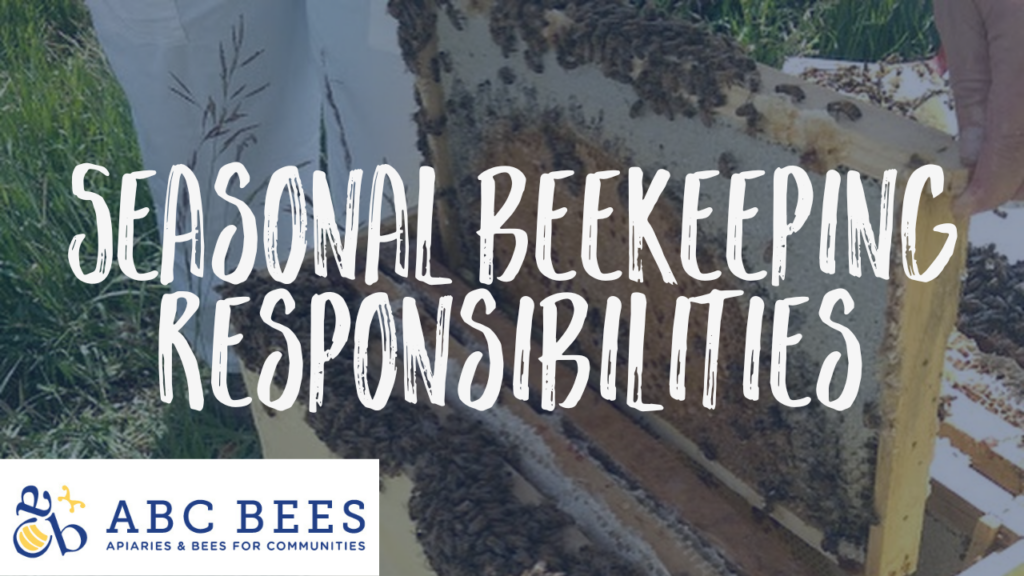
Outcomes Learners will have a clear understanding of the essential seasonal tasks necessary for effective beekeeping. https://youtu.be/Hhi7KiXztBU Beekeeping is a fascinating and rewarding hobby or profession, but it’s not a set-it-and-forget-it endeavor. To successfully manage your apiary, you need to follow a set of essential seasonal tasks that cater to the needs of your […]
Flower Power: Land Reclamation with Bees in Mind

Outcomes Learners will be able to understand the critical role of pollinator habitats, including the significance of pollen and nectar for bee health and colony sustainability. Key Takeaways Importance of pollen: Pollen, unique to each flower, not only serves as a source of nutrition but also contributes to the honeybee immune system, fostering […]
Oxalic Acid Sublimation
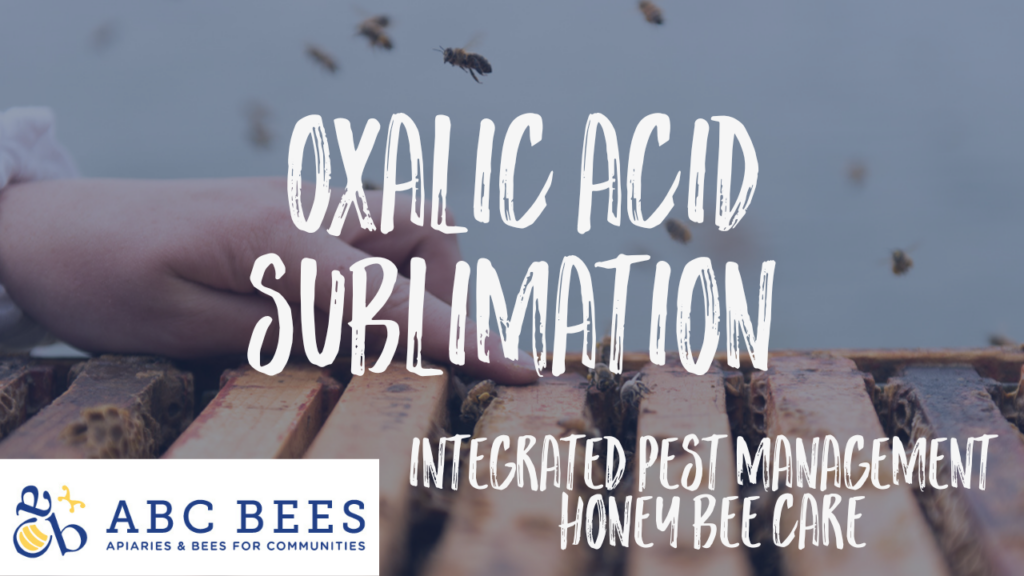
Outcomes Learners will gain the knowledge and skills to safely and effectively apply oxalic acid sublimation for varroa mite control in beekeeping. Key Takeaways Effective Varroa Mite Control: Discover how the innovative use of an oxalic acid sublimator wand provides a powerful method for addressing varroa mite infestations in beehives. Learn how this […]
Holistic Apiary Management With Bill Stagg
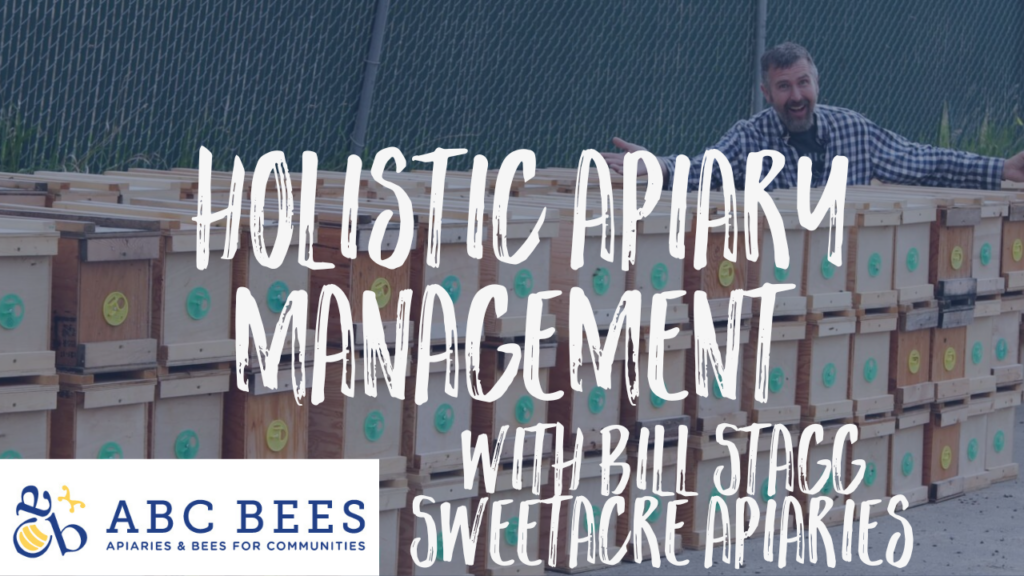
Outcomes Learners will have knowledge about natural beekeeping, including the significance of observing bees, allowing swarming, providing natural nutrition, and timing colony splits for successful apiary management. Key Takeaways Beekeepers can learn valuable insights from observing and studying the behavior of bees in their natural environment. Allowing bees to swarm is crucial for the […]
Rotating Out Old Bee Comb
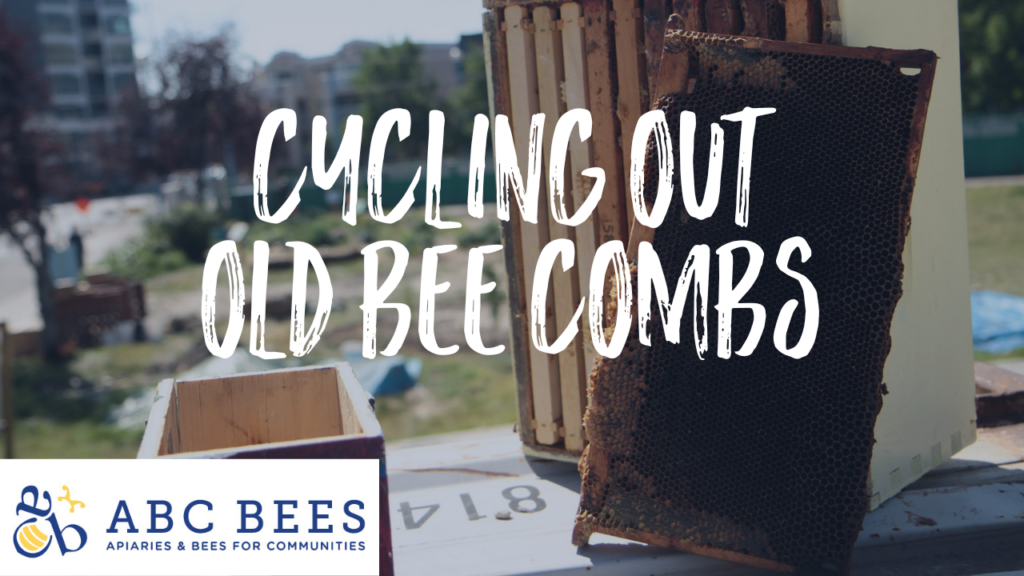
Outcomes Learners will have a comprehensive understanding of the importance of comb rotation in beekeeping and the benefits it brings to maintaining healthy honey bee colonies. Key Takeaways Importance of comb rotation: Over time, old brood combs become dark and contaminated with pesticides and disease organisms. To maintain a healthier environment for the bees and […]
Darwinian Beekeeping with Dr. Tom Seeley
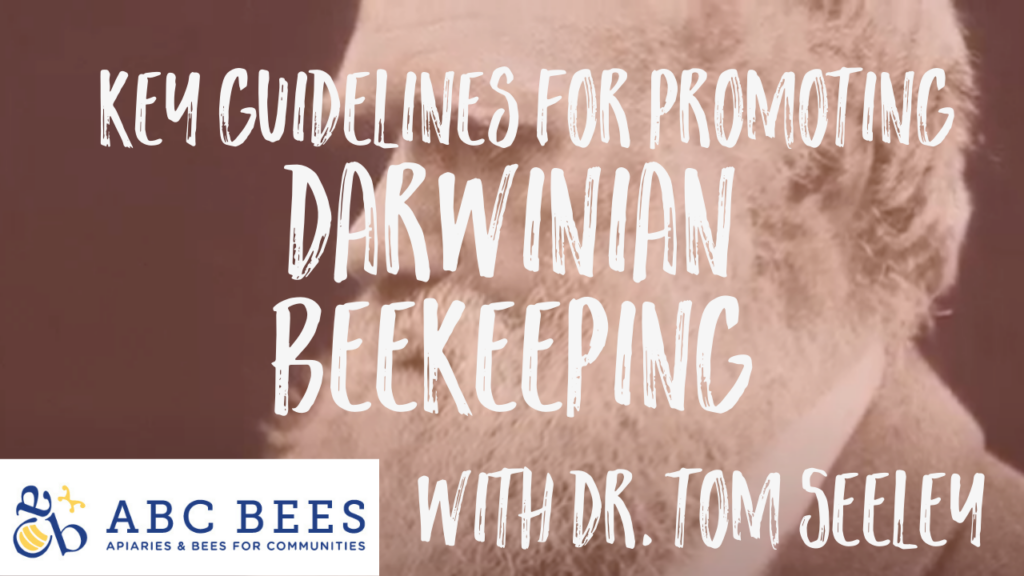
Outcomes Learners will understand the concept of Darwinian beekeeping and key guidelines for promoting a more natural and sustainable approach to beekeeping. Key PointsDarwinian beekeeping is an evolutionary approach that aims to let the bees use their own beekeeping skills fully. It aligns beekeeping methods with the natural history of honeybees, allowing them to […]
Questions to Ask When Purchasing Bees
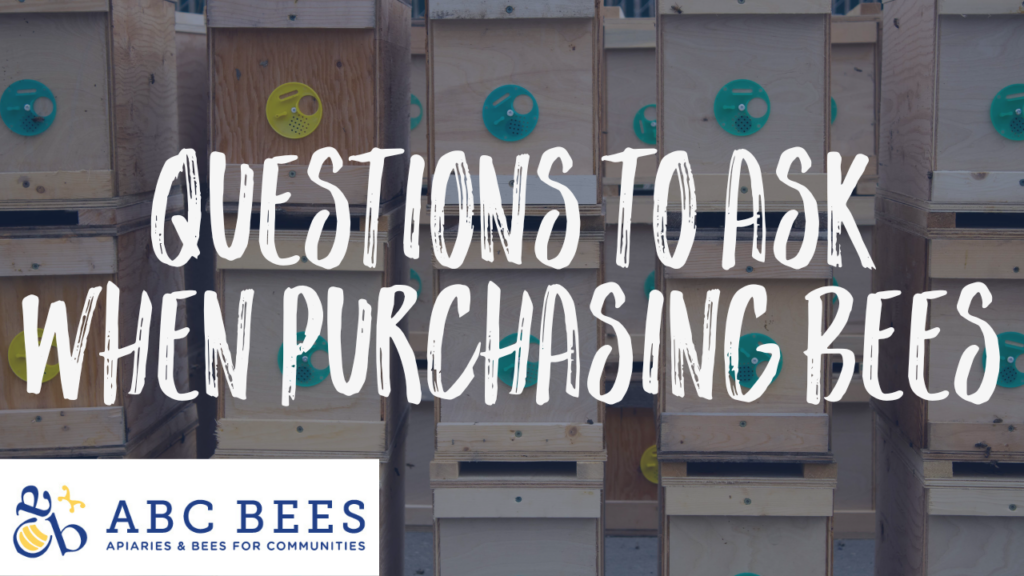
Outcomes Learners will be able to make informed decisions when purchasing bees for their apiary by conducting thorough research on suppliers, understanding the importance of health considerations and integrated pest management, and preparing adequately for successful beekeeping. Key Takeaways Thoroughly research bee suppliers, check websites, and contact directly for information. Prioritize health considerations, choose […]
